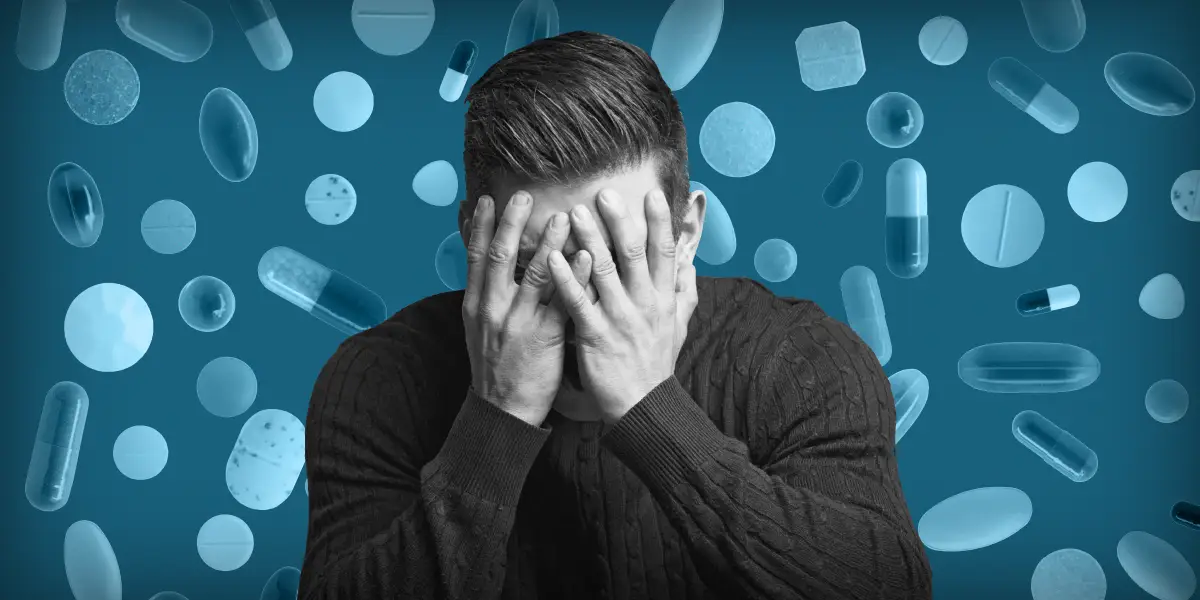Symptoms of addiction that cause mental disorders include the following,
- Inability to stop using Addictive Chemical Substances
- Use and abuse of substances continue despite health problems
- Facing difficulty in Dealing with problems
- Obsession with the addictive substance
- Taking risks, such as Trading Sex or Stealing for Illicit Drugs, Drug Money, or the Drugs themselves.
- Taking an initial large dose Substances

